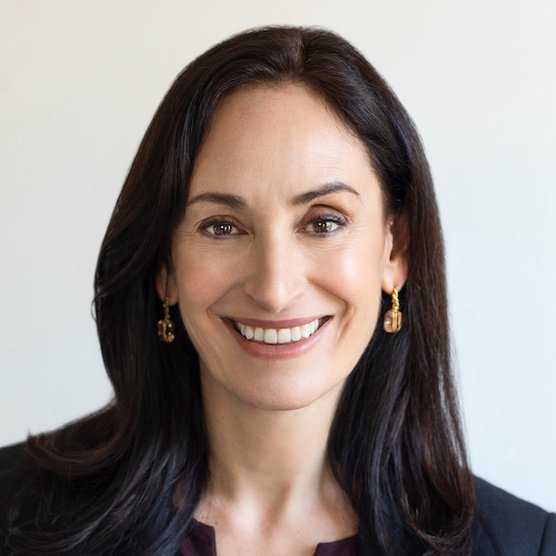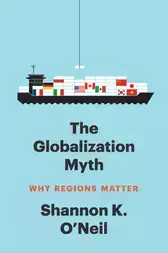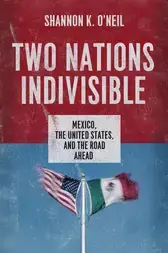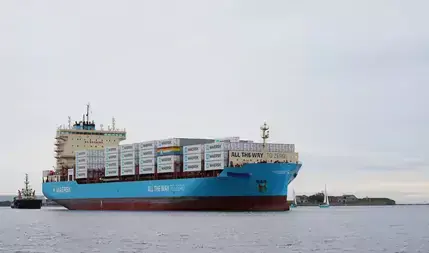- RealEcon
- Israel-Hamas
-
Topics
FeaturedInternational efforts, such as the Paris Agreement, aim to reduce greenhouse gas emissions. But experts say countries aren’t doing enough to limit dangerous global warming.
-
Regions
FeaturedThe 2021 coup returned Myanmar to military rule and shattered hopes for democratic progress in a Southeast Asian country beset by decades of conflict and repressive regimes.
Backgrounder by Lindsay Maizland January 31, 2022
-
Explainers
FeaturedDuring the 2020 presidential campaign, Joe Biden promised that his administration would make a “historic effort” to reduce long-running racial inequities in health. Tobacco use—the leading cause of p…
Interactive by Olivia Angelino, Thomas J. Bollyky, Elle Ruggiero and Isabella Turilli February 1, 2023 Global Health Program
-
Research & Analysis
FeaturedLost Decade is an essential guide for understanding the historic shift to Asia-centric geopolitics and its implications for the United States’ present and future. Across the political spectrum, …
Book by Robert D. Blackwill and Richard Fontaine June 11, 2024 Asia Program
-
Communities
Featured
Webinar with Carolyn Kissane and Irina A. Faskianos April 12, 2023
-
Events
FeaturedJohn Kerry discusses his work as U.S. special presidential envoy for climate, the challenges the United States faces, and the Biden administration’s priorities as it continues to address climate chan…
Virtual Event with John F. Kerry and Michael Froman March 1, 2024
- Related Sites
- More
Shannon K. O'Neil
Vice President, Deputy Director of Studies, and Nelson and David Rockefeller Senior Fellow for Latin America Studies

Greenberg Center for Geoeconomic Studies and Latin America Studies Program
The Globalization Myth
October 18, 2022
 Online Store
Online Store




